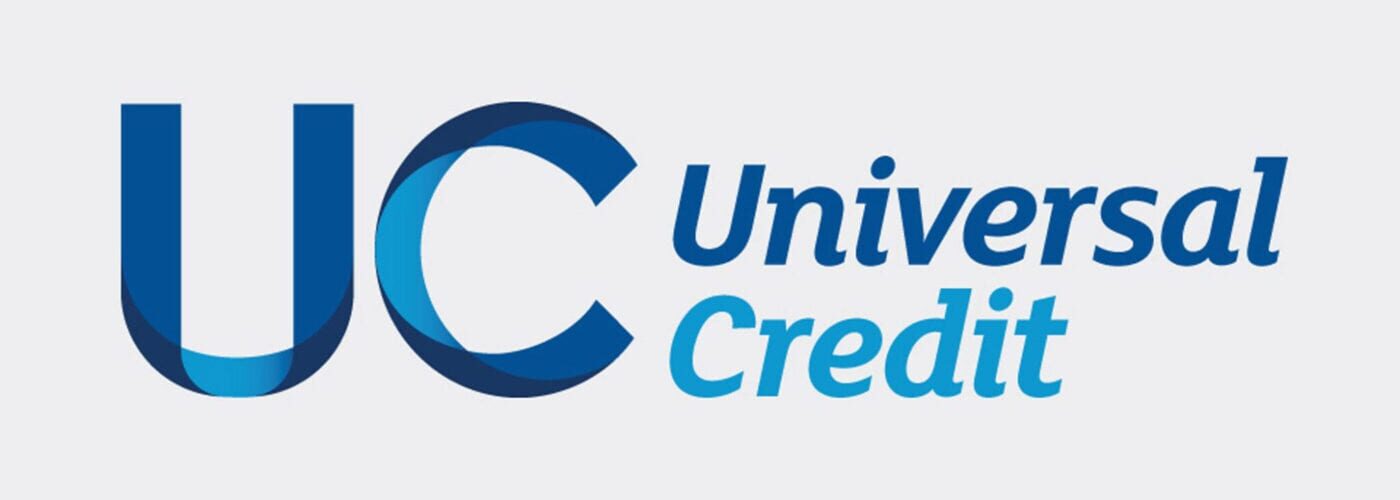In over half a century of life, I’ve managed to live on such paltry means of income that I’ve never had to seek government help in the way of benefits.
That changed for the first time last week. On the realisation that my savings would run out before my coding / upskill journey reached a point that it’d replace my lost income, I decided that I had no choice but to seek help.
Never having been down this path before probably makes me one of the oldest newbies to the system.
The first part of seeking help is to create an online Universal Credit account. Here you put in your details which, for a single male UK citizen like myself, didn’t really take very long. I guess it will for those with a family, however.
You’re also presented with a “to do” list that covers savings, investments, housing, etc. Again, being a single male UK citizen of zero income and minuscule savings, that didn’t take very long either.
The online account comes with a “Journal”, a sort of “online messaging system” between you and Universal Credit and, later I believe, between you and your “work coach”.
I was surprised to receive, almost immediately, a message in my Journal about an appointment that had been made for barely four days later. This was primarily to prove my identity. These days everyone insists that you must have “photo ID” – a drivers licence or a passport.
I find that annoying at times but confusing in this instance. I’m there claiming because I have no money, no income, no means of support. I’ve had so little in my lifetime that I’ve never been abroad, so I’ve never had a passport. And I’ve not been able to afford driving tests, let alone a car or the running costs of a car, so no driving licence either.
A system that’s there to help the poor insists that you have a photo ID from something that, in my eyes at least, only rich folk can afford. The contradiction perplexes me.
Between setting up my online account and going to my first “identification meeting”, I watched a lot of YouTube videos and tried to find out as much about Universal Credit as I could. I came away wondering how so many people find it sufficient to live on. It’s a relatively tiny amount, far less than what a pensioner gets if you’re just a single guy without children. It soon racks up if you have any “extras” such as children (especially young children), or if you care for someone full time. But it really is not a replacement for any other form of income you might be able to get.
I guess that’s a good thing, because it disincentivises you to see it as a replacement income and makes you seek something that pays more, but it’s a bad thing because it doesn’t allow sufficient time for you to get back on your feet if your income suddenly stops and your savings run out (as in my case). In the future, if I see, in particular, a single man struggling on Universal Credit, I think I’ll have more empathy than I did before because I’ll know what a tiny amount he has to live on.
The build up to my first meeting was nerve-wracking. I don’t do “people” very well, and especially people I don’t know in situations I can’t envisage. Walking into the Job Centre for the first time was difficulty enough (as it is for any new building I enter – you should have seen my first return to the dentist a few years back), and seeing security guards all over the place didn’t help – except that, I guess, it did when you realise they’re there for your own safety and not because of you.
Anyway, as it was only an “identification meeting”, it went smoothly enough except for my nerves having me rattling on about my plans for the near future (which I’m sure the nice lady didn’t want to hear).
I’m lucky enough that, shortly after starting my UC claim last week, I applied for a job and I have an interview shortly (more on that in another post). I’m hoping something comes of it, because I would like Universal Credit to be a very short experience and one that I don’t wish to dwell upon for longer than absolutely necessary.
